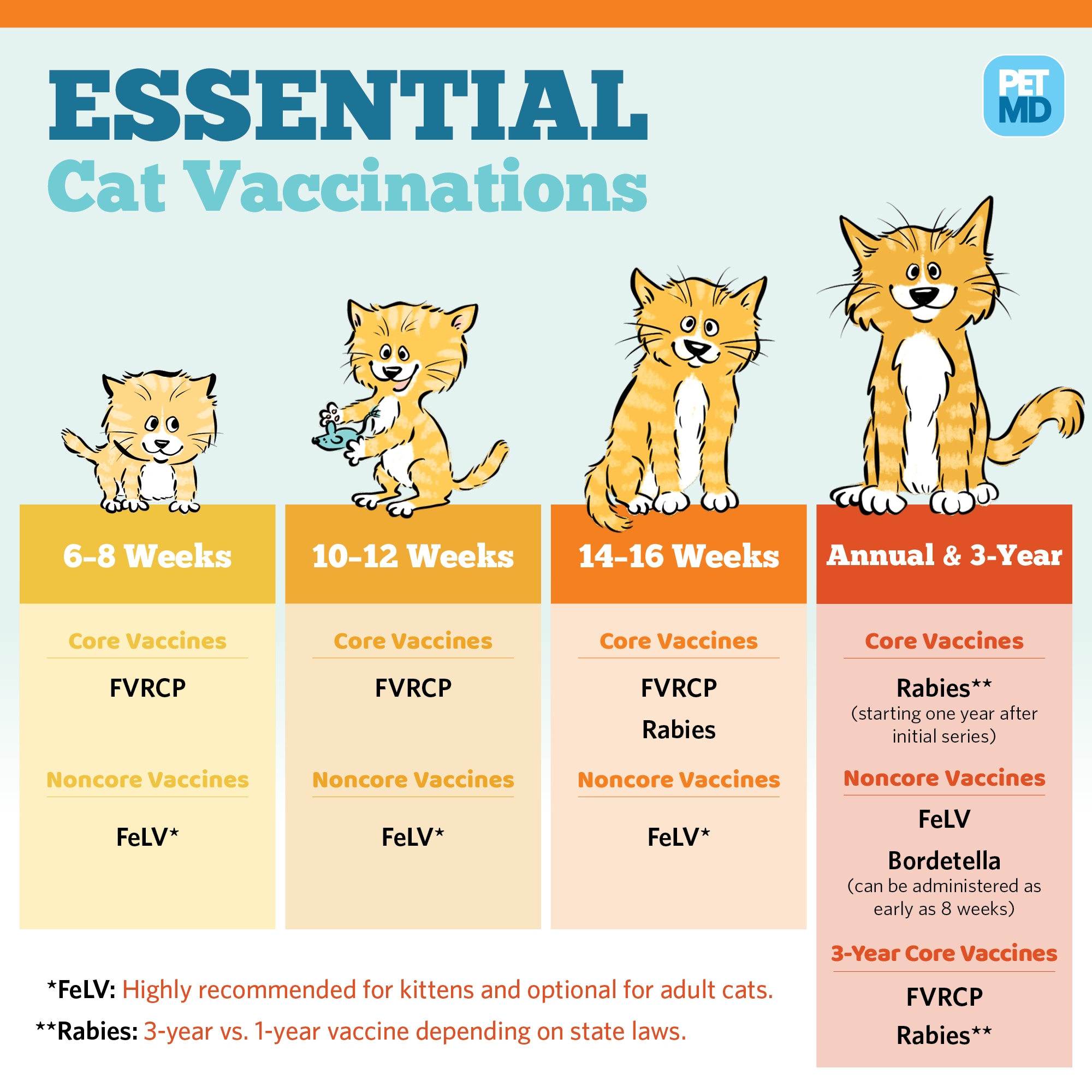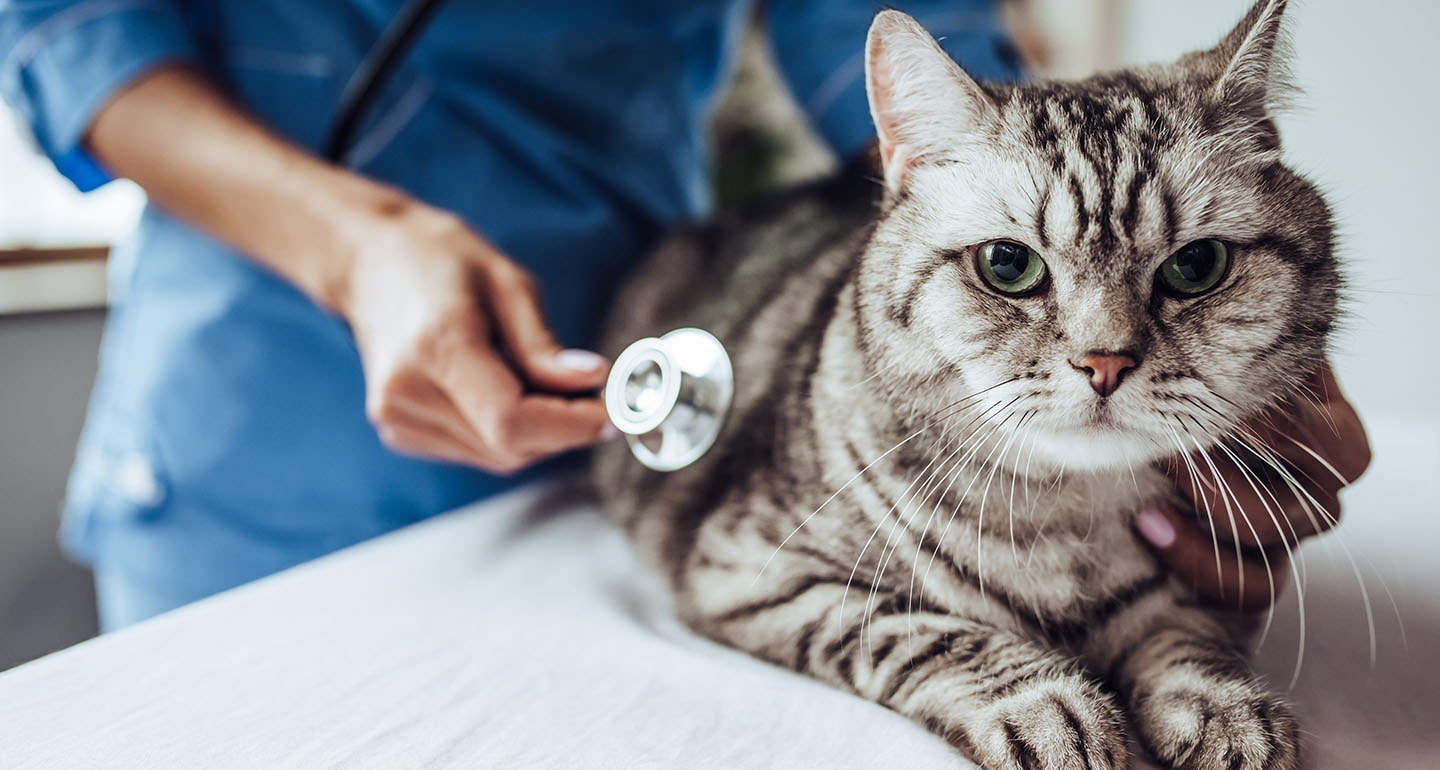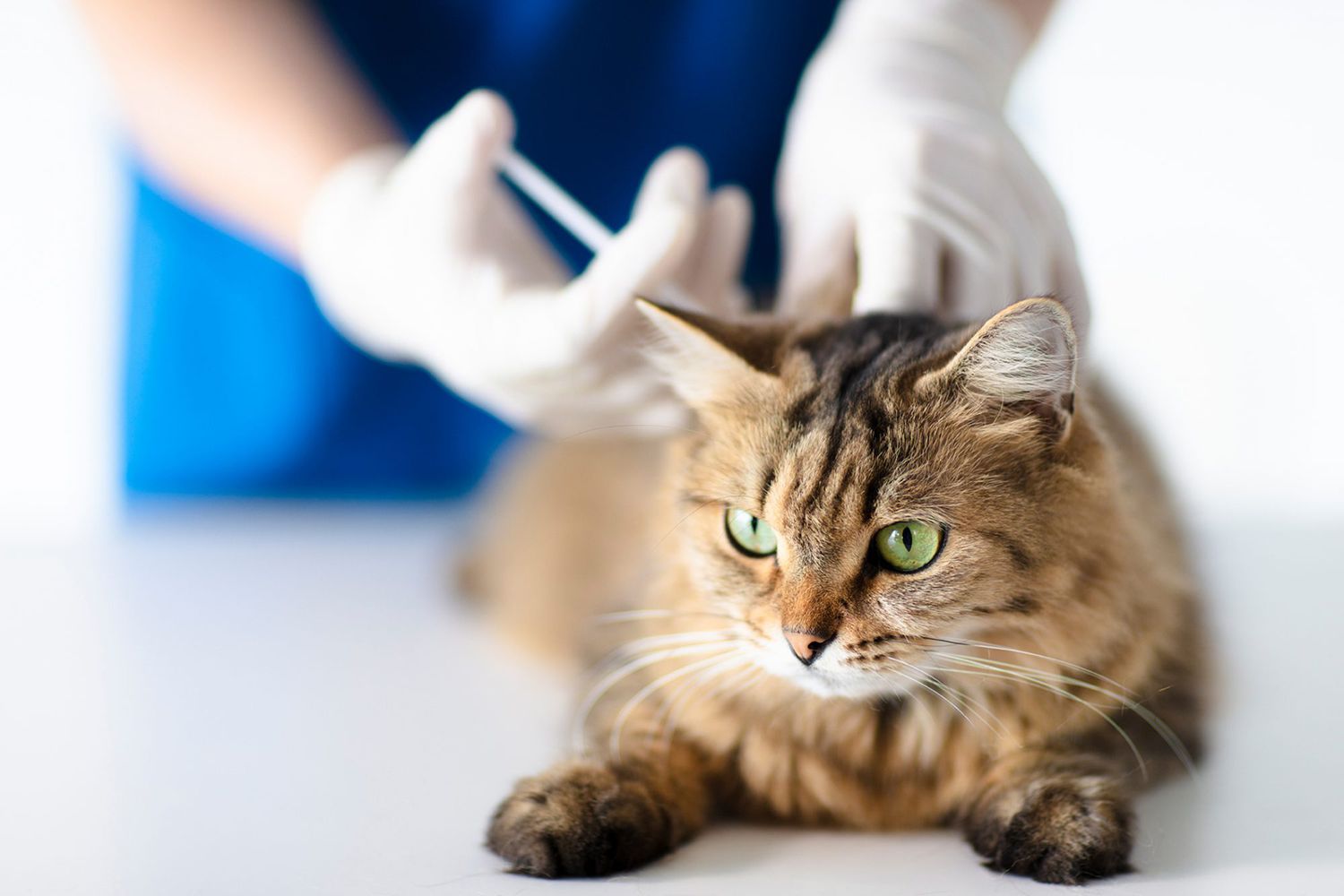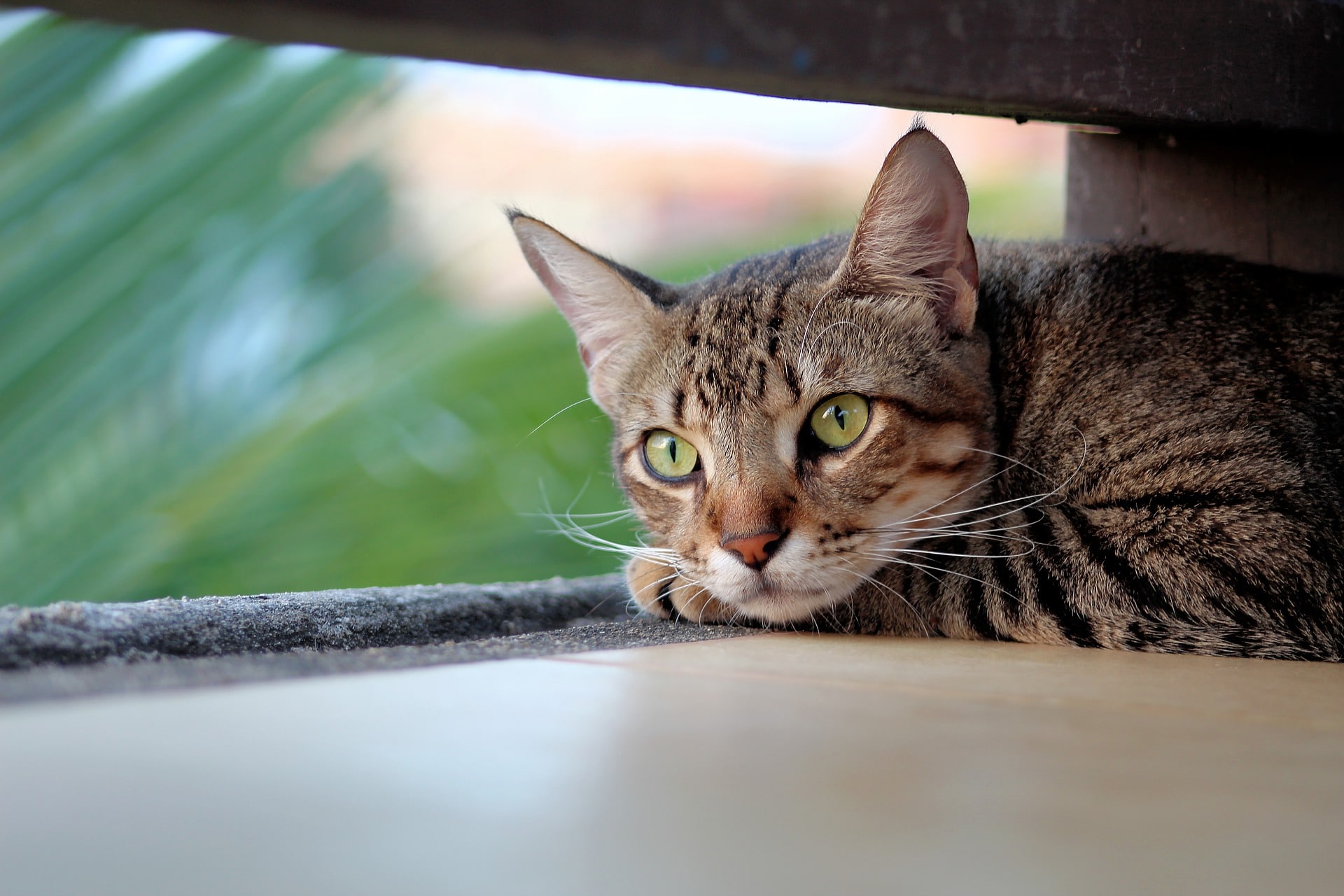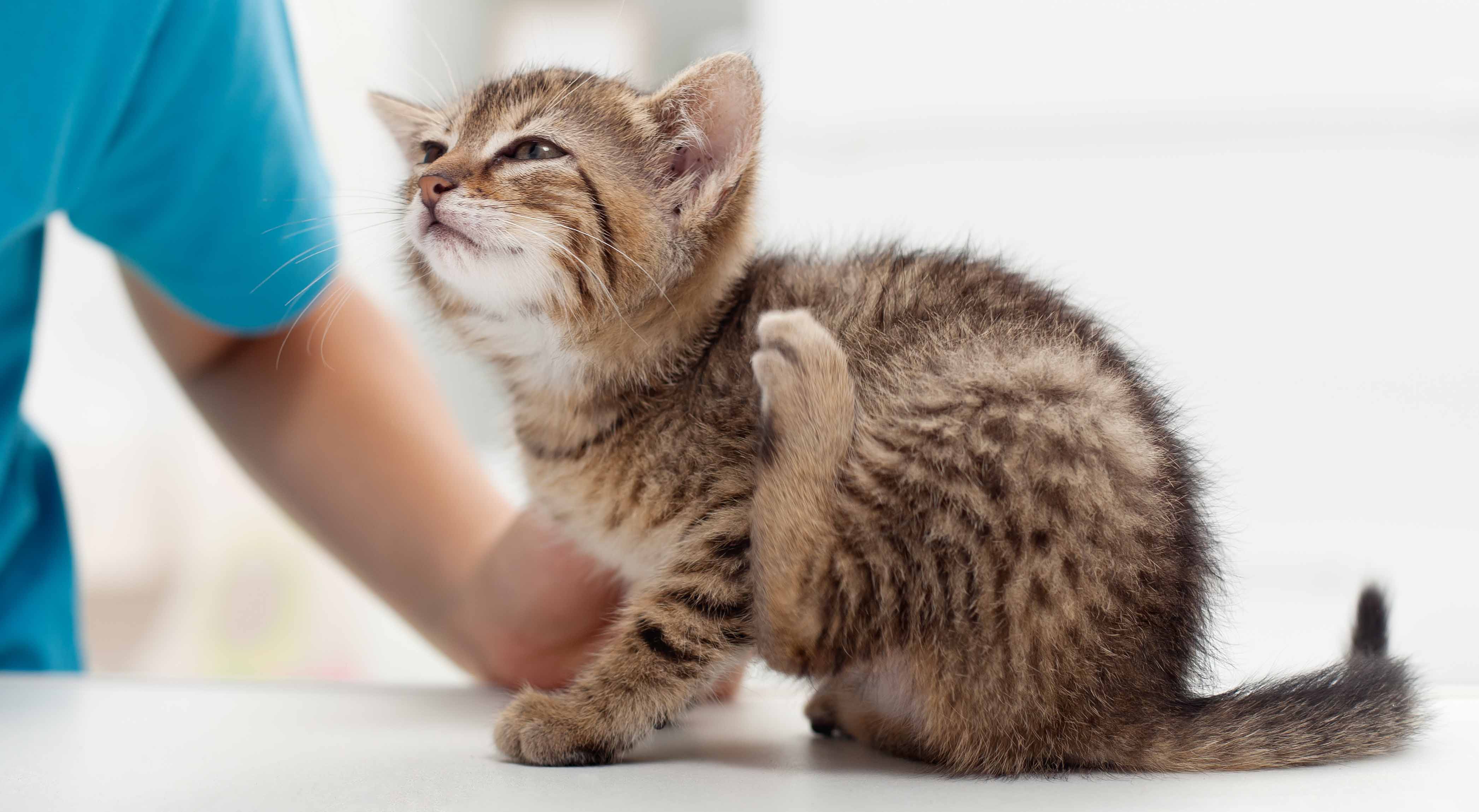Fvrcp Vaccine For Indoor Cats

Currently the recommendation for indooroutdoor cats is to administer the FVRCP vaccine annually.
Fvrcp vaccine for indoor cats. Understand the best way to know what vaccines your cats may need and the frequency is to do a consultation with your vet to look into your situation. All cats even indoor felines who never go outdoors or interact with other cats should still receive FVRCP shots. Herein is Fvrcp vaccine necessary for indoor cats.
Most veterinarians give a series of three FVRCP vaccines at 8 12 and 16 weeks of age to gradually boost the. The core FVRCP vaccine also prevents rhinotracheitis and calicivirus which are upper respiratory viruses of cats. Rhinotracheitis calicivirus and panleukopenia.
If there is any risk of exposure a cat should receive a leukemia vaccine for examplebecause if theyre exposed to it its too late Core. Feline caliciviral disease caused by various strains of feline caliciviruses FCV. Cats heading into stressful situations such as boarding may benefit from a core vaccine booster 7-10 days before.
The initial shots administered to kittens help them develop immunity. Adult cats with unknown vaccination records should receive a FVRCP vaccination plus a booster. All can be deadly for cats and especially kittens.
Chronic infection can also occur since it is a. Panleukopenia also known as feline distemper Feline. Because FVRCP is a live vaccine it should not be given to pregnant cats.
Rabies caused by rabies virus. I therefore recommend that all cat owners diligently have their cats vaccinated with the so-called FVRCP at 6-8 weeks 10-12 weeks and 14. Feline chlamydiosis caused by Chlamydophila felis infection.
